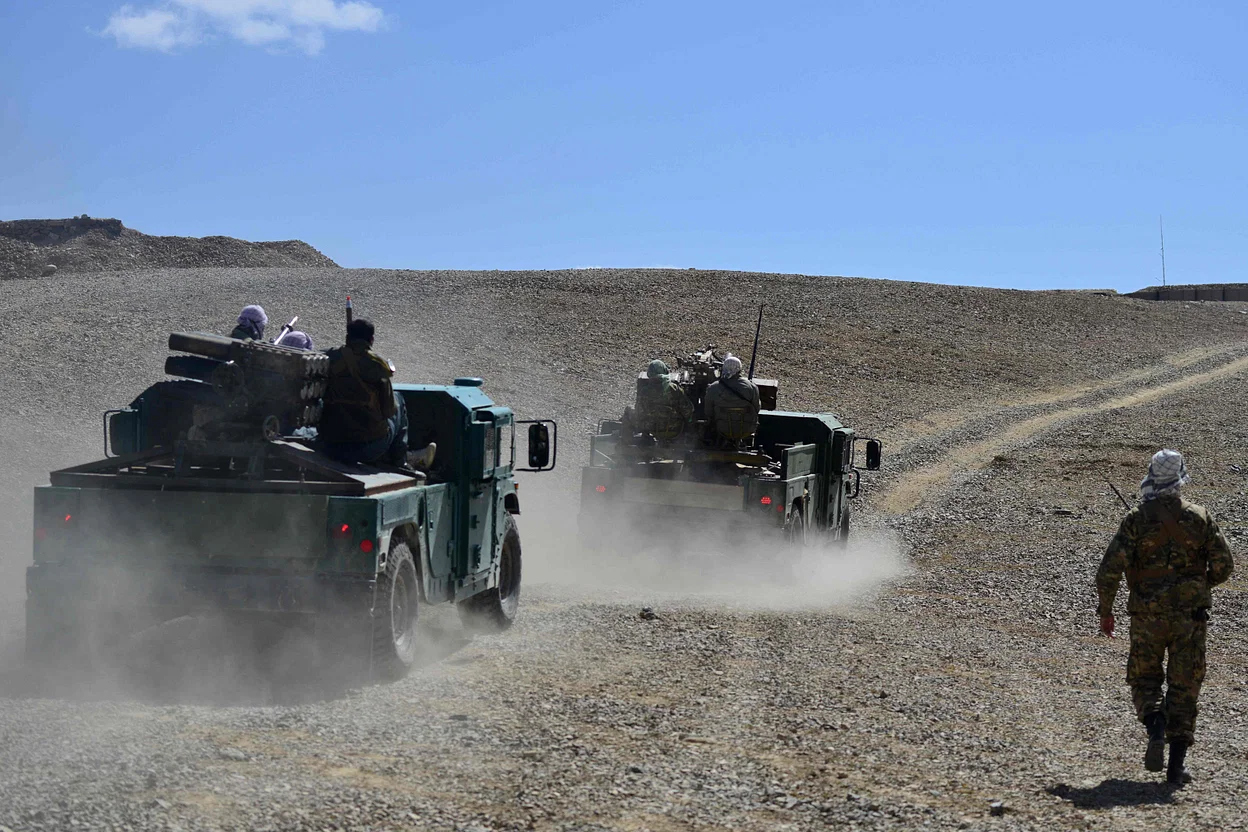At least six Pakistani nationals were killed and 17 others injured on Sunday when Afghan border troops resorted to unprovoked and indiscriminate fire across the border into Balochistan’s Chaman district, the army said.
According to the Inter-Services Public Relations (ISPR), the media wing of the military, heavy weapons including artillery and mortars were used in the firing by Afghan forces.
The Afghan Border Forces opened unprovoked and indiscriminate fire of heavy weapons including artillery and mortar onto the civilian population, it said in a statement.
Six Pakistani civilians were killed and 17 others injured in the firing, it said.
The injured have been shifted to a local hospital, and the police have cordoned off the area, according to Samaa TV. Pakistan’s border forces have responded through retaliatory firing, the statement said.
The Pakistan government has approached Afghan authorities in Kabul to highlight the severity of the situation and demanded strict action to avoid a recurrence of this incident in the future, it added.
It was not immediately clear the reason for the firing.
The extent of losses on the Afghan side were also not known.
Sunday’s standoff at the border comes barely 24 hours after authorities in Pakistan said that its counterterrorism forces had intercepted four Islamic State Khorasan Province (IS-K) militants close to the Afghan border and killed them.
Last month, eight people, including two children and three paramilitary soldiers, were injured in Kurram district of Khyber-Pakhtunkhwa province when some Afghans from across the border opened fire at them over a dispute over the construction of a road.
Pakistan and Afghanistan share a 2,600-km volatile border.
The Chaman border crossing is also known as Friendship Gate connects Balochistan province to Afghanistan’s Kandahar. It was closed last month after an armed Afghan crossed onto Pakistan’s side of the border and opened fire on security troops, killing a soldier and injuring another two.
Islamabad has completed almost 90 per cent of fencing work along the border despite protests from Kabul, who contested the century-old British-era boundary demarcation that splits families on either side.
Successive regimes in Afghanistan, including the US-backed governments in the past have disputed the border and this has historically remained a contentious issue between the two neighbours.
The border, known internationally as the Durand Line, named after the British civil servant, Mortimer Durrand, who had fixed the limits of British India after consultation with the then Afghan government in 1893.

